Analysts have widely welcomed the International Court of Justice's order against Israel to halt its military operations in Rafah while lamenting the absence of a call for a cease-fire in Gaza in its ruling, as Israel and Hamas launched strikes against each other.
They also said complying with the ruling would need "real will "from the international community — especially Israel's staunch ally, the United States — to do more as attacks remained intense, adding "all the countries" that were "arming" Israel "are partners in violating the ICJ decision".
The ICJ on Friday ordered Israel to stop its military offensive in Rafah with immediate effect, saying the humanitarian situation was deteriorating.
The court demanded that Israel allow fact finders and investigators of the United Nations bodies to probe allegations of genocide and preserve possible evidence, asking Israel to submit to the court within a month the measures it has taken to implement the ruling.
In a statement, the Palestinian presidency welcomed the ruling. It called on the international community to compel Israel to implement and respect the ruling.
Jasem Mohamed Albudaiwi, secretary-general of the Gulf Cooperation Council, welcomed the decision, saying it reflects the international community's commitment to international law and justice, and enhances the protection of the rights of the Palestinian people.
South African President Cyril Ramaphosa said his country welcomed the order, but expressed concerns over Israel restricting aid from entering Gaza and its systematic targeting of aid infrastructure within Gaza.
On its X account, Israel's foreign ministry posted its joint statement with the National Security Council on Saturday, saying the charges of genocide brought by South Africa against Israel at the ICJ at The Hague are "false, outrageous and morally repugnant" and reiterated Israel's right to defend its territory and citizens.
Ayman Talal Yousef, a professor of international relations at the Arab American University in Jenin in the West Bank, told China Daily that the ICJ ruling "is very important, very crucial" at this stage.
Abdalfatah Asqool, an international law lecturer at the University of Palestine, told China Daily the ICJ decision "is a good step but not enough". However, "Israel shows no respect to the decision, as shortly after the ICJ decision, they carried out a large and intensive attack on Rafah," he said.
Over the weekend, Israel has "continued its relentless attacks on Rafah" as multiple deaths were reported from central and northern Gaza, which, it said, have been subjected to renewed attacks, Al Jazeera reported.
Meanwhile, the Al-Qassam Brigades, the armed wing of Hamas, announced on Sunday that it had launched a barrage of rockets toward Tel Aviv in central Israel, marking the first such attack in months.
In a statement, the Al-Qassam Brigades said it fired the rockets in response to the Israeli killings of civilians in the Gaza Strip.
Sirens blared in central Israel, and explosions were heard in Tel Aviv, media reported.
Loud explosions were also reported in other Israeli cities. Local media reported that shrapnel from a rocket struck a car in the Israeli city of Herzliya, causing no injuries.
The Israel Defense Forces said in a statement that eight projectiles were identified crossing from Rafah into Israeli territory, with a number of them intercepted by the IDF's defense systems.
The IDF thinned out forces in eastern parts of Rafah, and the Givati infantry brigade left for Israel from the area where it had been operating since the operation a few weeks ago, Israel's Ynet news website reported on Sunday.
The move comes as aid trucks entered Gaza from southern Israel on Sunday through a new agreement to bypass the Rafah crossing with Egypt after Israeli forces seized the Palestinian side of it earlier this month.












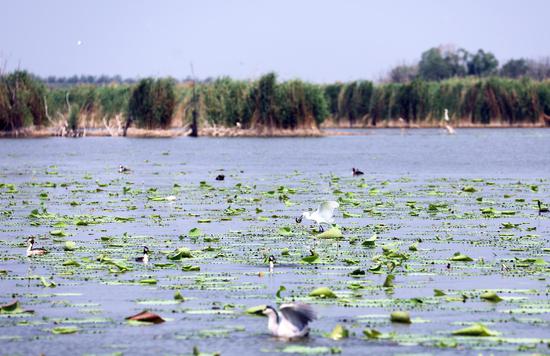
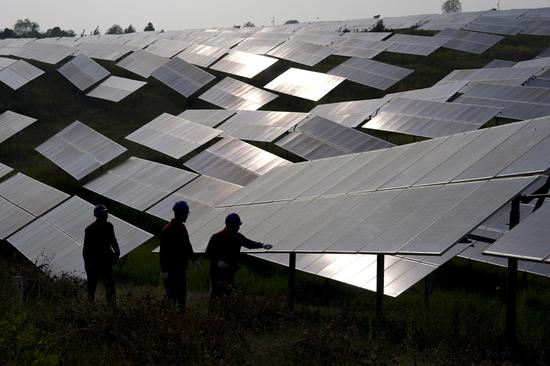

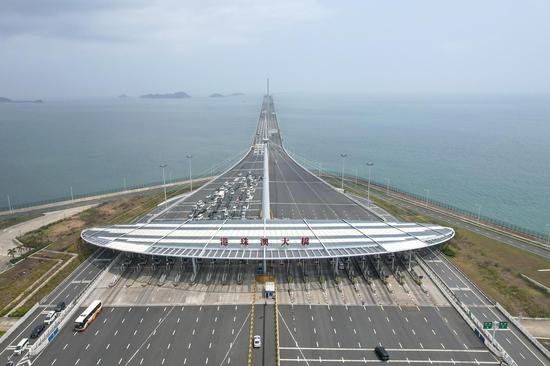
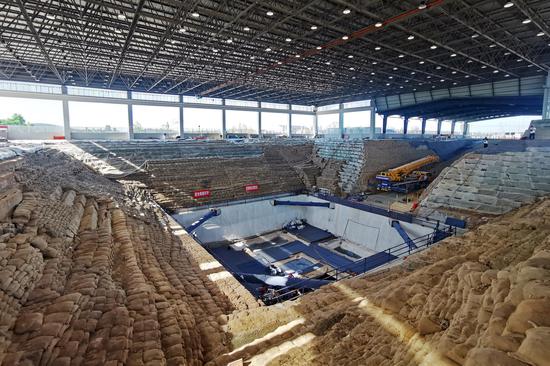
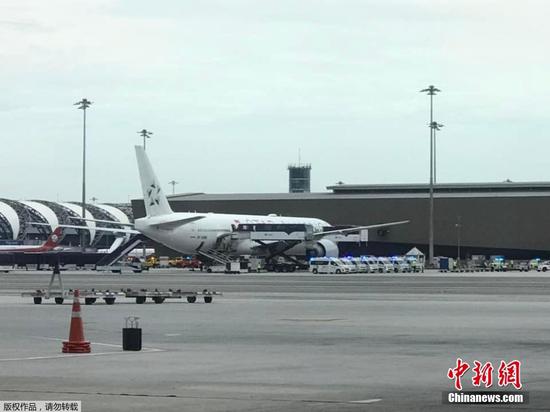

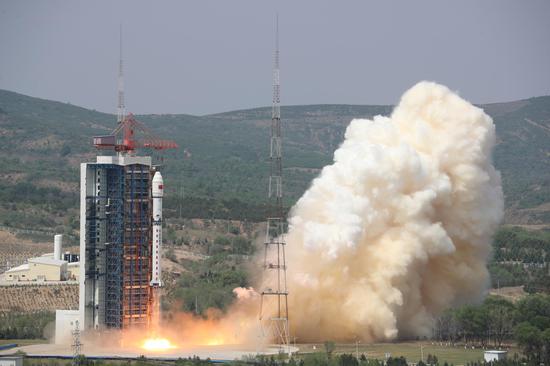

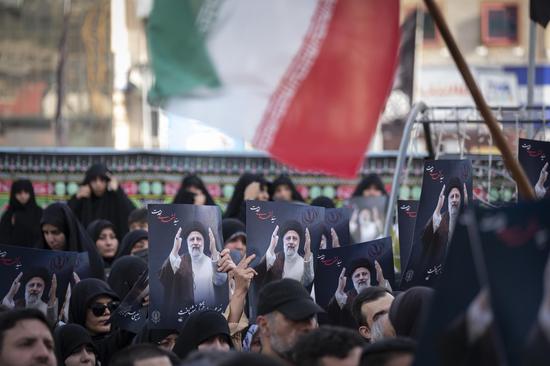
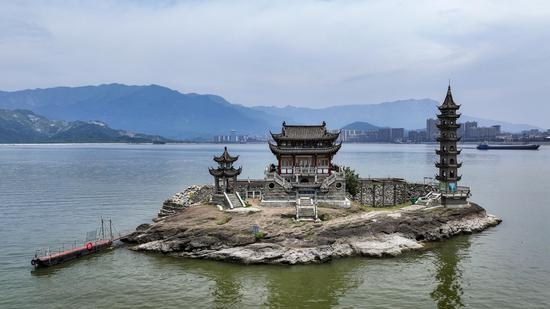
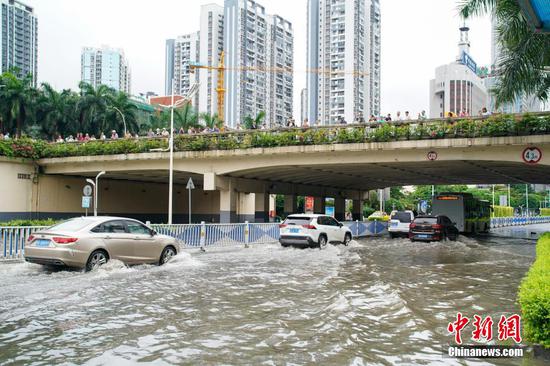
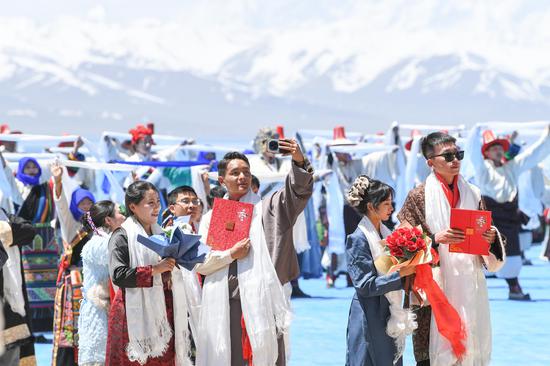
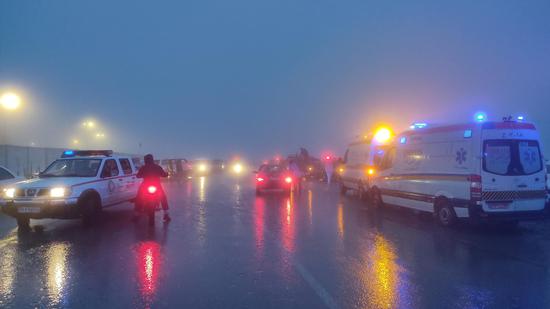
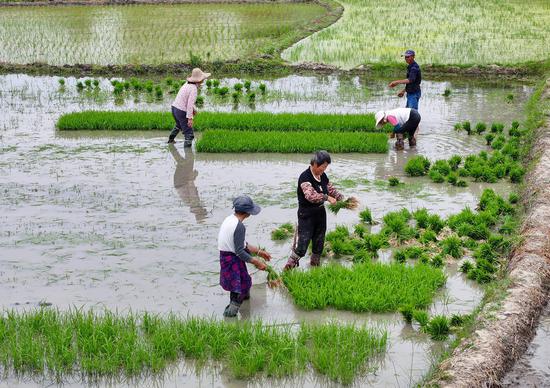
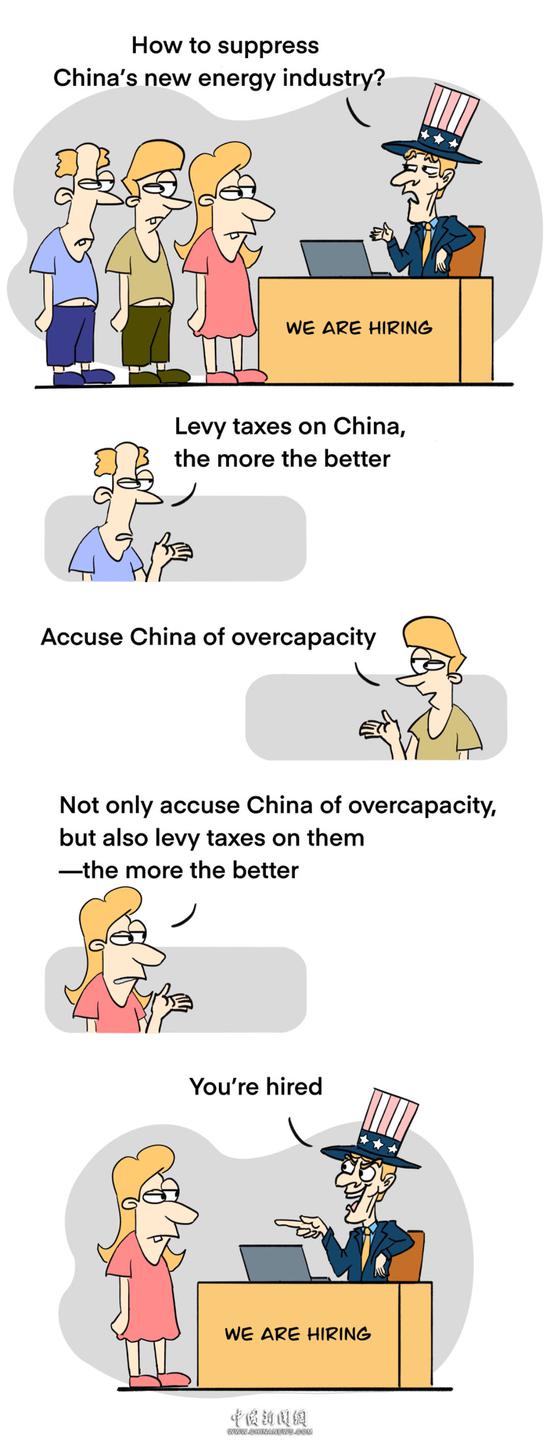
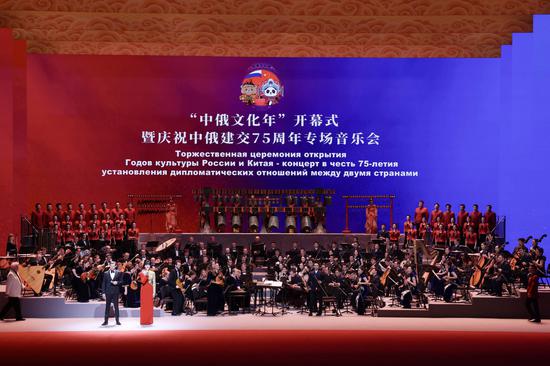

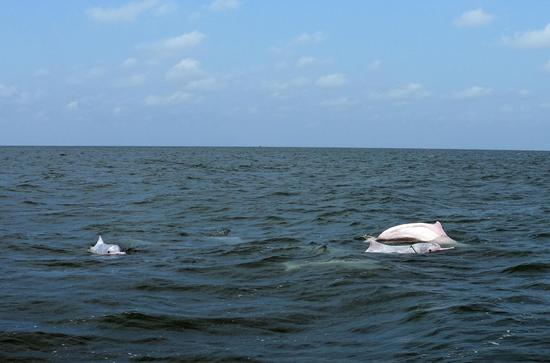
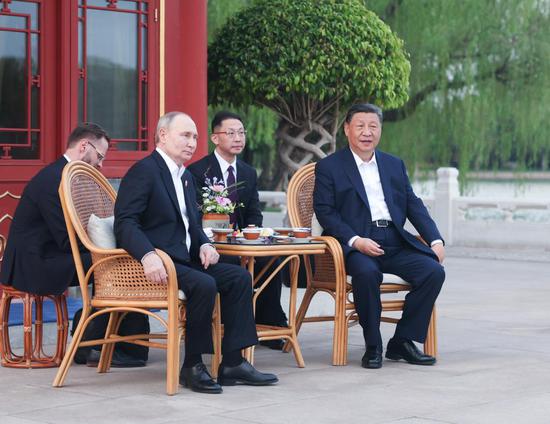
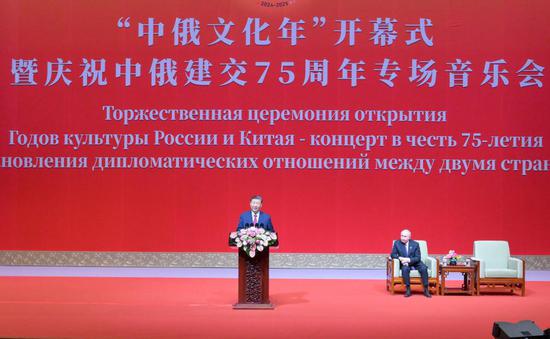
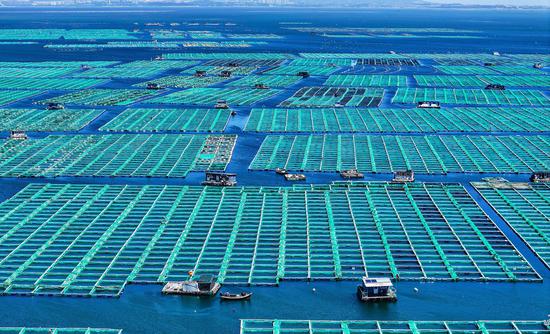

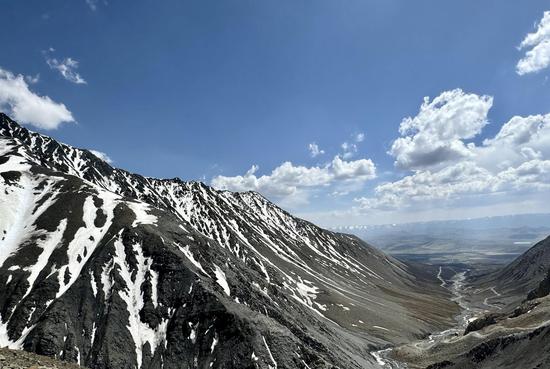

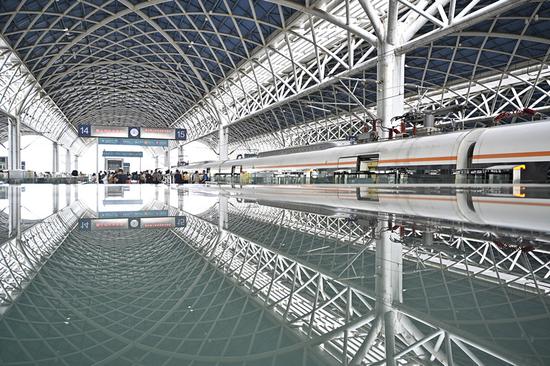
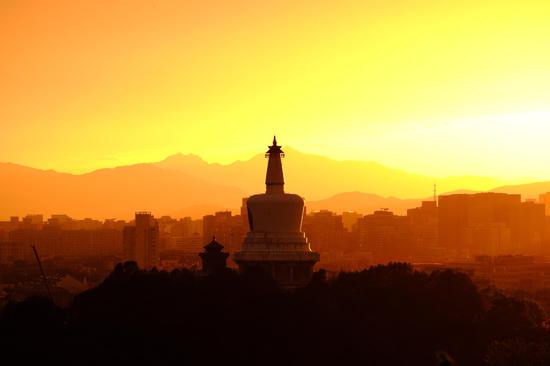
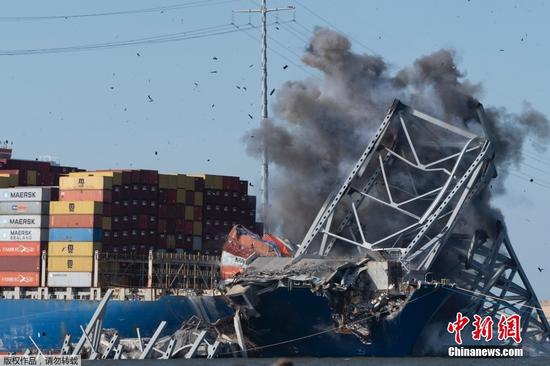


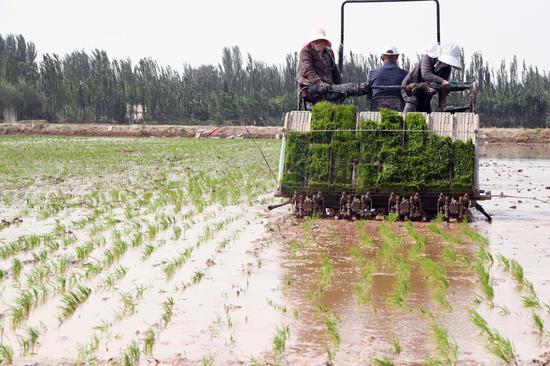







 京公网安备 11010202009201号
京公网安备 11010202009201号